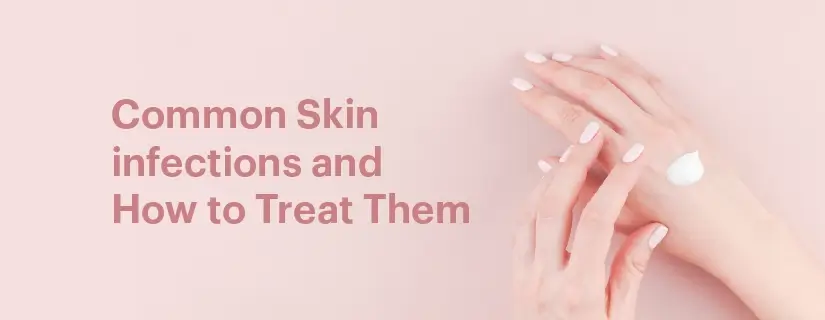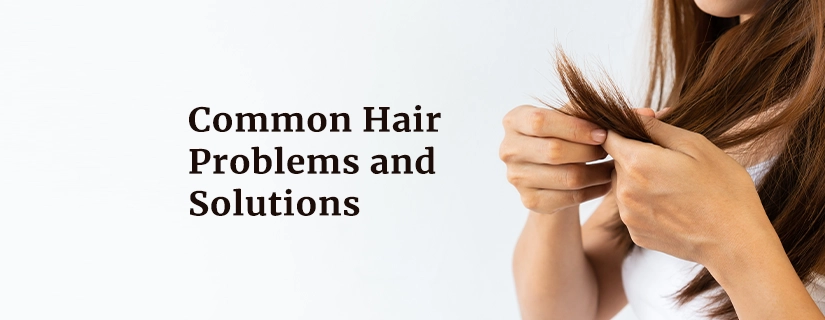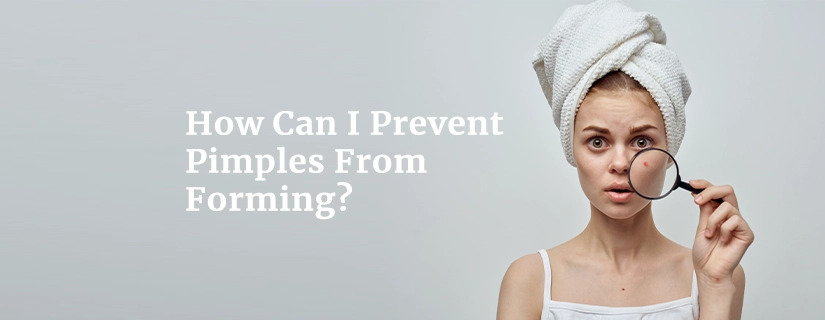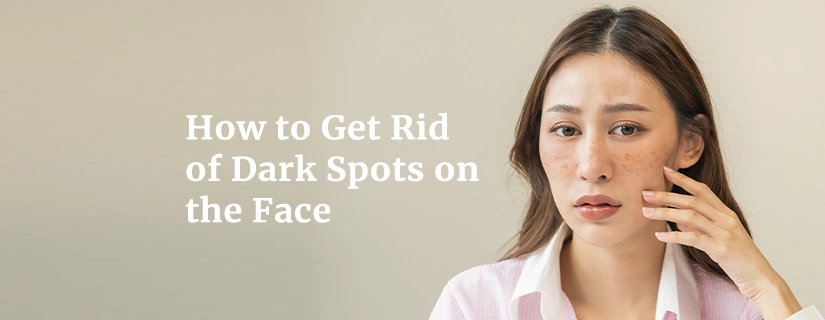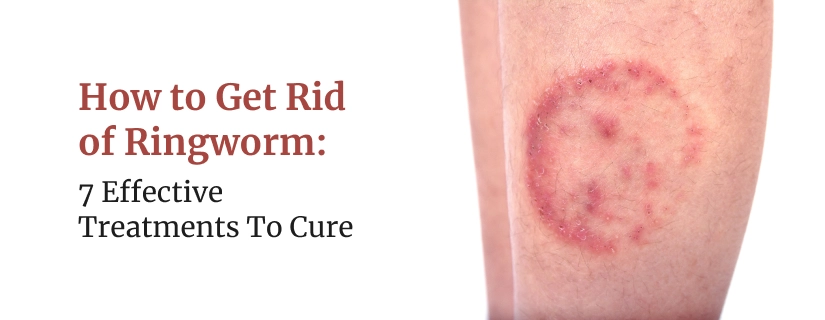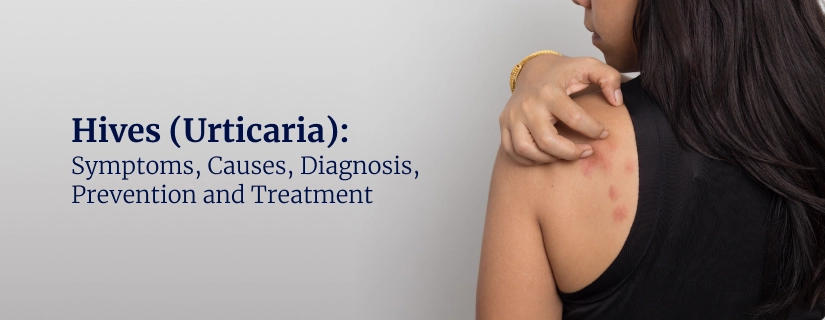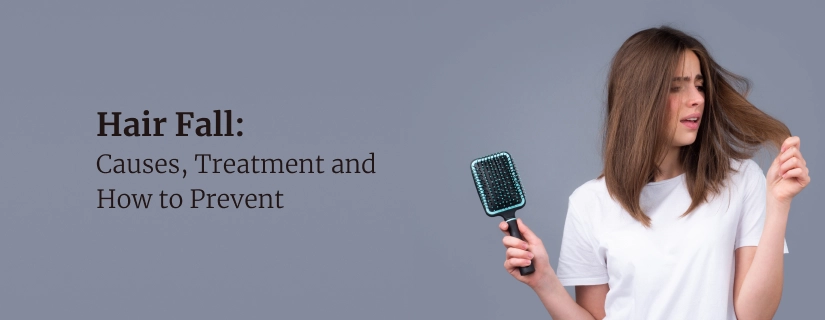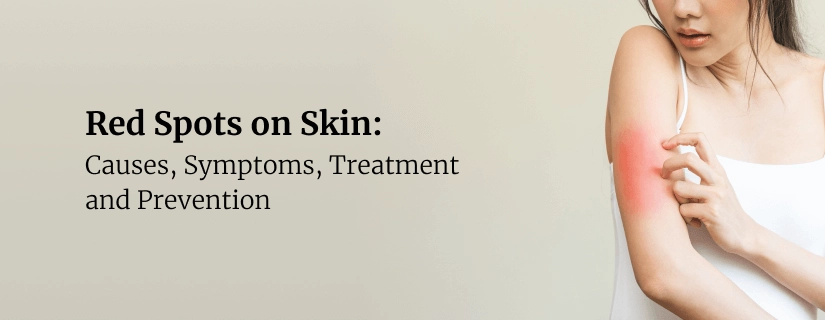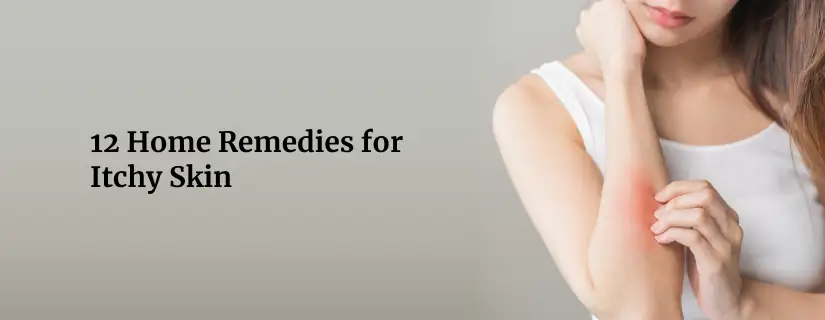-
Doctors
-
Specialities & Treatments
Centre of Excellence
Specialties
Treatments and Procedures
Hospitals & Directions HyderabadCARE Hospitals, Banjara Hills CARE Outpatient Centre, Banjara Hills CARE Hospitals, HITEC City CARE Hospitals, Nampally Gurunanak CARE Hospitals, Musheerabad CARE Hospitals Outpatient Centre, HITEC City CARE Hospitals, Malakpet
HyderabadCARE Hospitals, Banjara Hills CARE Outpatient Centre, Banjara Hills CARE Hospitals, HITEC City CARE Hospitals, Nampally Gurunanak CARE Hospitals, Musheerabad CARE Hospitals Outpatient Centre, HITEC City CARE Hospitals, Malakpet Raipur
Raipur
 Bhubaneswar
Bhubaneswar Visakhapatnam
Visakhapatnam
 Nagpur
Nagpur
 Indore
Indore
 Chh. Sambhajinagar
Chh. SambhajinagarClinics & Medical Centers
Book an AppointmentContact Us
Online Lab Reports
Book an Appointment
Consult Super-Specialist Doctors at CARE Hospitals
How to Reduce Melanin in Skin Naturally?
Updated on 9 May 2024
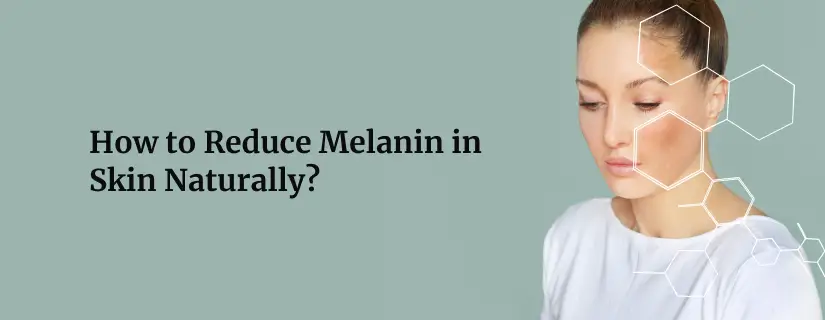
Many people around the world wish to have flawless skin. One key factor that can affect the appearance of the skin is melanin. This pigment is accountable for the colour of our skin, hair, and eyes. While melanin is essential for protecting our skin from harmful UV rays, excessive amounts can lead to various skin concerns, such as hyperpigmentation and uneven skin tone.
What is Melanin?
Before discussing how to reduce melanin, it is essential to understand what melanin is and its role in our bodies. Melanin pigment is produced by specialized cells called melanocytes situated in the epidermis's bottom layer. It comes in three primary forms: eumelanin, pheomelanin, and neuromelanin. Eumelanin is responsible for darker skin tones, while pheomelanin gives rise to lighter skin tones. On the other hand, neuromelanin is present in specific brain regions.
Melanin serves as a natural defence mechanism against the harmful effects of UV radiation. When exposed to sunlight, melanocytes produce more melanin to protect the skin from potential DNA damage. However, an overproduction of melanin can result in dark spots, melasma, freckles, and an uneven skin tone.
What Causes Increased Melanin Levels?
Several factors can contribute to increased melanin production or hyperpigmentation in the skin, including:
- Sun exposure: The primary causative factor is sunlight exposure. When the skin is exposed to continuous UV rays, the melanocytes go into overdrive to produce more melanin, leading to a tan. However, excessive sun exposure can cause an uneven distribution of melanin, forming dark spots and hyperpigmentation.
- Hormonal fluctuations: Hormonal changes can also influence melanin production. Pregnant women often experience increased melanin production, leading to the development of a condition called melasma. This condition causes dark patches to appear on our face, particularly on the cheeks, upper lip, and forehead.
- Genetics: The genetic makeup of some individuals makes them more susceptible to hyperpigmentation or darker skin tones.
- Injury: Skin injury and inflammation, such as acne, eczema, psoriasis, or chemical exposure, can lead to hyperpigmentation as part of the healing process.
- Medications: Certain medicines, such as hormone replacement therapy or birth control pills, can also increase melanin levels.
- Irritation: Excessive friction or rubbing of the skin, such as from clothing, can activate melanocytes and result in hyperpigmentation. This irritation hyperpigmentation is also known as frictional melanosis or frictional hyperpigmentation.
- Age: Hyperpigmentation caused by ageing may appear as age spots or liver spots as melanocytes become more active.
- Nutritional insufficiencies: Mineral and vitamin deficiencies, such as vitamin B12 or folic acid, can affect melanin production and skin pigmentation.
How to Reduce Melanin Naturally in Skin?
Reducing melanin in the skin can be achieved through various methods, ranging from home remedies to professional treatments. It is important to note that eliminating melanin is not possible, as it is a natural pigment that plays a crucial role in protecting our skin. However, following specific practices, you can achieve a more even skin tone and diminish hyperpigmentation. The following are some effective ways to reduce melanin in the skin:
Home remedies to reduce melanin:
- Lemon juice: Lemon extract is known for its natural skin-lightening properties. Though lemon is considered to be very natural, the citric acid can sometimes be very irritating on particularly atopic skin types and dry skin types. Never directly apply it on the skin as it can be very harsh on certain skin types. It is suggested to take lemon water orally as it helps to provide a good amount of Vitamin C and promotes in skin lightening. Apply a thin layer of freshly squeezed lemon juice on the affected areas and leave it on for 15-20 minutes before rinsing off with water. However, it is essential to note that lemon extract can cause skin inflammation in some people, so you should perform a patch test beforehand.
- Aloe vera: Aloe vera gel is soothing for the skin and contains compounds that can inhibit melanin production. Apply a thin layer of aloe vera gel to the skin and leave it on for 30 minutes before rinsing off. Regular use can help reduce hyperpigmentation and promote a more even complexion.
- Turmeric: Turmeric has been used for centuries in traditional medicine for its skin-brightening properties. Mix a spoonful of turmeric powder with milk or honey, create a smooth paste, and apply it to the skin. Leave it on for 20-30 minutes before rinsing off. Regular use can help reduce melanin production and improve the skin's overall appearance.
Including more foods in the diet will help lighten the skin since they include high levels of antioxidants, vitamin C, and glutathione, such as sweet potatoes, berries, papaya, tomatoes, carrots, flax seeds, and pumpkin seeds. If you want lighter skin, try including them into your diet in small amounts.
How to Reduce Melanin in Skin Permanently?
While home remedies can temporarily reduce melanin production, achieving permanent results may require professional treatments.
One such treatment is laser therapy, which uses high-energy light beams to target and break down melanin pigments in the skin. It can reduce the appearance of hyperpigmentation and promote a more even skin tone. However, multiple laser therapy sessions may be required to achieve optimal results.
Doctors can also recommend topical creams or serums containing ingredients like hydroquinone, kojic acid, or retinoids. These ingredients inhibit melanin production and promote skin cell turnover. It is crucial to consult with a dermatologist before using these products on your skin to ensure their safety and effectiveness.
Conclusion
Reducing melanin in the skin is a common goal for those seeking a more even complexion and a reduction in hyperpigmentation. While complete elimination of melanin is not possible, various methods can help achieve a more balanced and flawless appearance. From simple home remedies like lemon juice and aloe vera to professional treatments like laser therapy and topical creams, everyone has options. It is important to remember that maintaining a consistent skincare routine and sun protection is key to achieving and maintaining the desired results. Consultation with a dermatologist can provide tailored guidance and treatment modalities based on individual needs and concerns. Embrace your skin's natural beauty and take steps towards reducing melanin for flawless skin.

ENQUIRY FORM
SELECT CATEGORIES
-
Neurosciences (16)
-
Neurology (37)
-
Neurosurgery (14)
-
Orthopaedics (48)
-
Oncology (33)
-
Obstetrics and gynecology (51)
-
Pulmonology (23)
-
Urology (20)
-
Nephrology (13)
-
Psychiatry (7)
-
Dietetics and Nutrition (111)
-
General Medicine (63)
-
Cardiac Sciences (30)
-
Vascular & Endovascular Surgery and Interventional Radiology (10)
-
Gastroenterology (46)
-
Endocrinology (23)
-
Plastic Surgery (10)
-
Critical Care Medicine (5)
-
COVID-19 (16)
-
Dermatology (16)
-
Emergency Care (1)
-
Ophthalmology (4)
-
Pediatrics (14)
-
Laparoscopic and Bariatric Surgery (8)
-
ENT (15)
-
Kidney Transplant (1)
-
Liver Transplantation and Hepatobiliary Surgery (5)
-
General Surgery (3)
-
Internal Medicine (5)
-
Medicine Information
Itchy Feet: Causes, Symptoms, Treatment and Home Remedies
How to Get Rid of Blackheads: 15 Ways to Do
YOU MAY ALSO LIKE
RECENT BLOGS
-

Direct Anterior Approach in Total Hip Replacement: Advantages and Challenges
10 April 2025
Read More
-

Zinc Deficiency: Signs and Symptoms, Causes, Treatment
9 April 2025
Read More
-

Chest Pain When Coughing: Causes, Treatment and Home Remedies
9 April 2025
Read More
-

12 Health Benefits of Eating Mushrooms
8 April 2025
Read More
-

7 Health Benefits of Blood Donation You Should Know About
8 April 2025
Read More
-

Implantation Bleeding Vs Periods: Know the Difference
28 February 2025
Read More
-

Bloating During Ovulation: Symptoms, Causes and Remedies
28 February 2025
Read More
-

Itching During Dengue: Causes, Treatment and Home Remedies
18 February 2025
Read More
Have a Question?
If you cannot find answers to your queries, please fill out the enquiry form or call the number below. We will contact you shortly.




